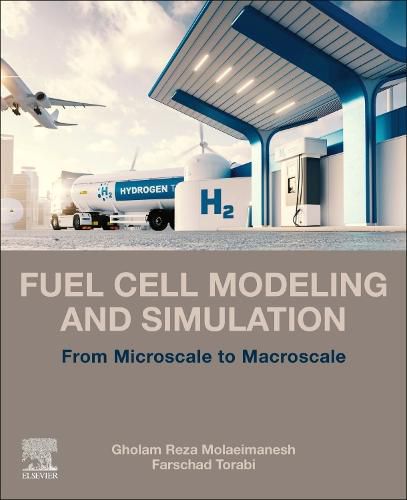Readings Newsletter
Become a Readings Member to make your shopping experience even easier.
Sign in or sign up for free!
You’re not far away from qualifying for FREE standard shipping within Australia
You’ve qualified for FREE standard shipping within Australia
The cart is loading…






Fuel Cell Modeling and Simulation: From Micro-Scale to Macro-Scale provides a comprehensive guide to the numerical model and simulation of fuel cell systems and related devices, with easy-to-follow instructions to help optimize analysis, design and control. With a focus on commercialized PEM and solid-oxide fuel cells, the book provides decision-making tools for each stage of the modeling process, including required accuracy and available computational capacity. Readers are guided through the process of developing bespoke fuel cell models for their specific needs.
This book provides a step-by-step guide to the fundamentals of fuel cell modeling that is ideal for students, researchers and industry engineers working with fuel cell systems, but it will also be a great repository of knowledge for those involved with electric vehicles, batteries and computational fluid dynamics.
$9.00 standard shipping within Australia
FREE standard shipping within Australia for orders over $100.00
Express & International shipping calculated at checkout
Fuel Cell Modeling and Simulation: From Micro-Scale to Macro-Scale provides a comprehensive guide to the numerical model and simulation of fuel cell systems and related devices, with easy-to-follow instructions to help optimize analysis, design and control. With a focus on commercialized PEM and solid-oxide fuel cells, the book provides decision-making tools for each stage of the modeling process, including required accuracy and available computational capacity. Readers are guided through the process of developing bespoke fuel cell models for their specific needs.
This book provides a step-by-step guide to the fundamentals of fuel cell modeling that is ideal for students, researchers and industry engineers working with fuel cell systems, but it will also be a great repository of knowledge for those involved with electric vehicles, batteries and computational fluid dynamics.